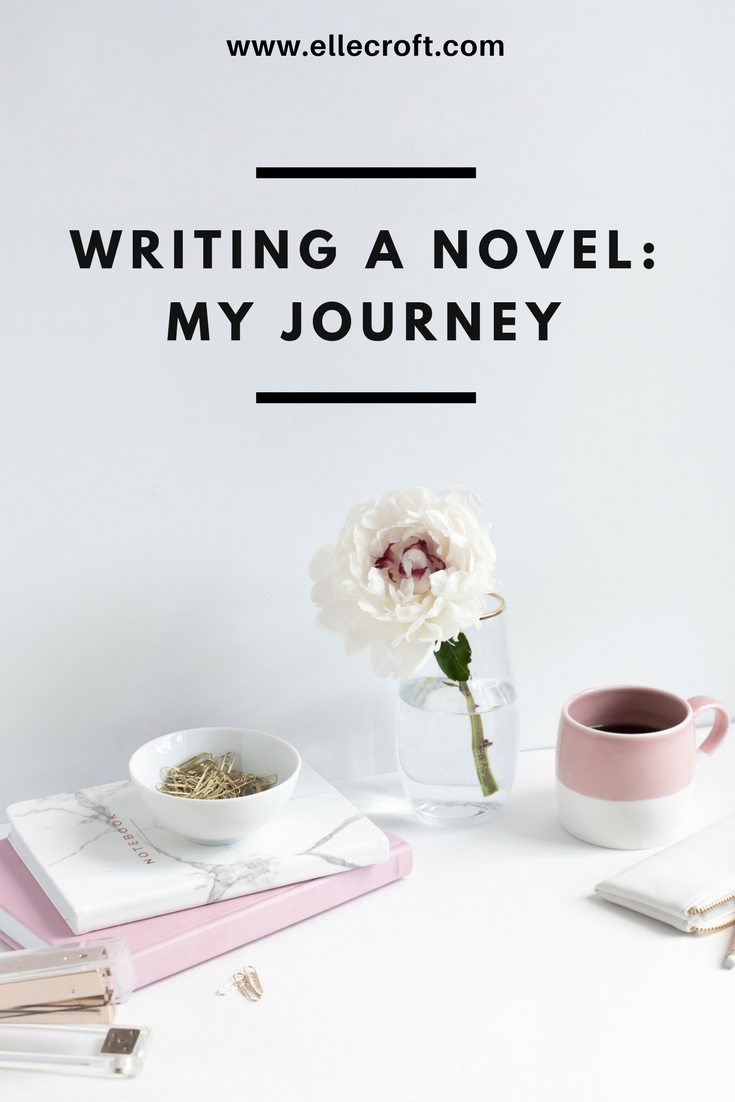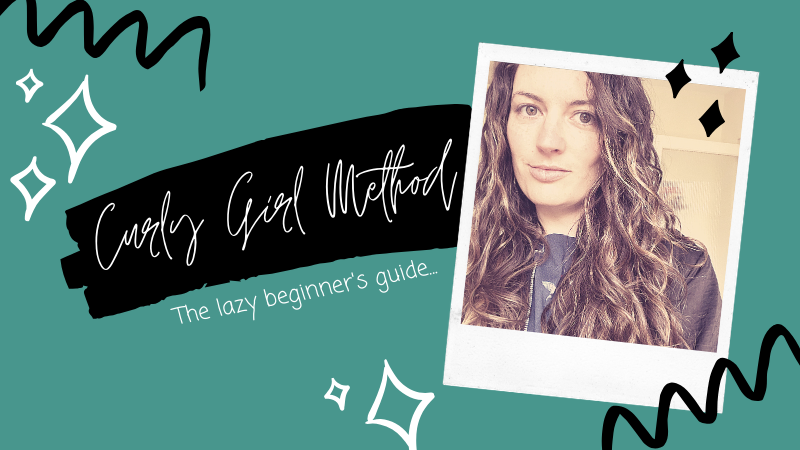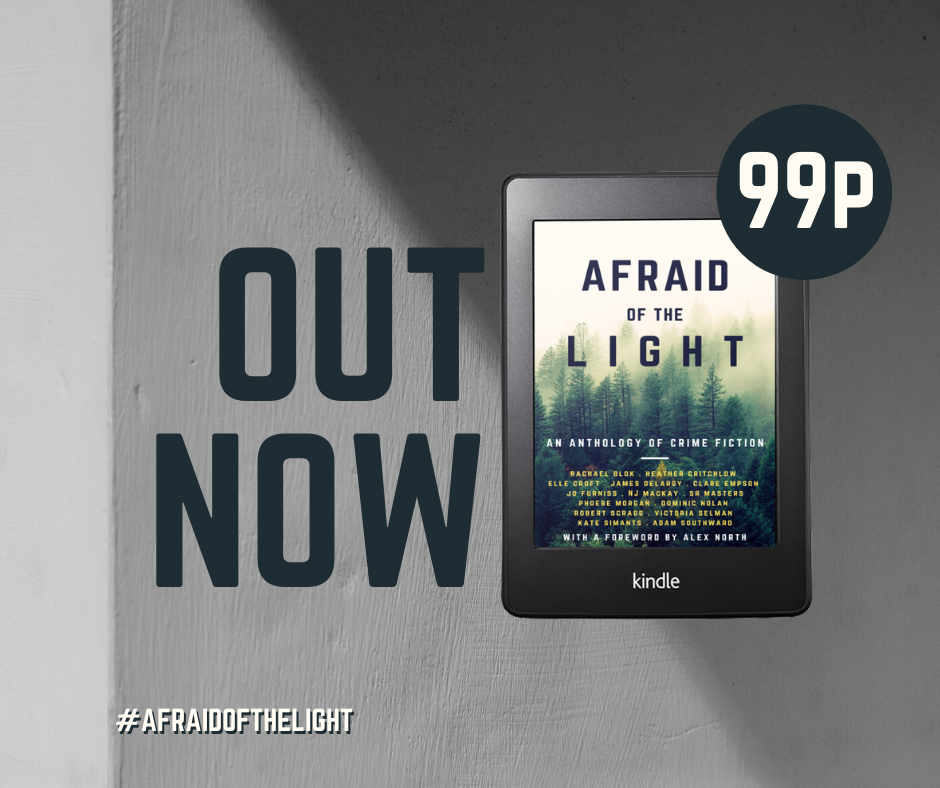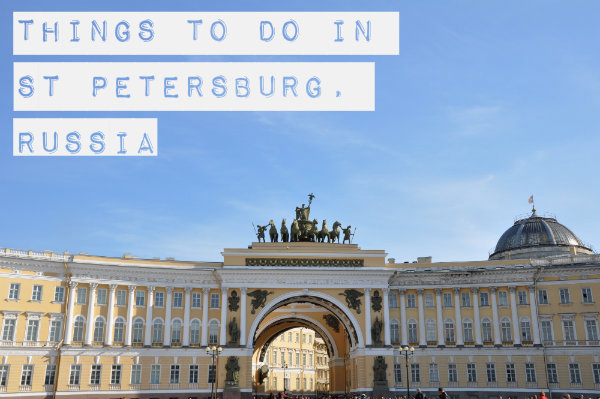
When I first started taking my writing seriously – when those small, timid voices whispered ‘maybe you can do this. Maybe, just maybe, you could be a published author one day‘ – I remember searching for, and devouring, stories of people who had done what I was dreaming of.
But now that it’s me, now that I’ve actually had my novel published, it feels totally disingenuous to share my writing journey because what the heck do I know?
I know, I know, imposter syndrome at its finest. But still. I’m no expert, and I don’t have some kind of magic formula that’s guaranteed to lead to a book deal.
But what I can share is my experience. I often get asked about my writing process, how long it took me to write The Guilty Wife, whether I had the story all set out before I started, and if I’ve always wanted to be an author, so I’m hoping this will help answer some of my most frequently asked questions.
And honestly, I want to document it all before I forget. It’s been years since I started out, and what a journey it’s been! So this is for me as much as for you, my readers, but I hope you enjoy it nonetheless!
When I began writing
I’ve always loved writing, and for as long as I can remember I’ve been telling people that I wanted to write a book. Only…I had no story ideas, and no clue where to begin. So I put it to the back of my mind and continued complaining about my day job. Then I started this blog, and it sparked a renewed love of writing and a confidence that I’d never had before.
You might also like: How blogging gave me the skills I needed to be a writer
When I spotted a crime-writing competition in Stylist magazine in 2012, the first prize for which was a publishing deal with Faber and Faber, I decided to go for it. At the time I’d been thinking more seriously about writing a book, and although I still didn’t have an idea, my determination was growing. I knew this was something I had to try. I’d never considered crime before, so I’m not really sure why I decided that this was the competition for me, but I’m so glad I did!
I didn’t win.
I didn’t even get into the shortlist. But when I read the article that announced the winner, I discovered that my character (a curious photographer…sound familiar?) received a passing mention. It wasn’t much, and to be honest it could have been another entrant’s curious photographer they were talking about, but it was the boost I needed.
I could do this. I wanted to do this. And so my journey really began.
How I started writing a novel
Although I had more determination than ever, life got busy and it was a year or so before I really set my mind to the task of writing again.
I discovered NaNoWriMo thanks to the wonderful Frankie and I figured, as I work best under pressure, this could be the push I needed to just write. Once I’d decided that I was going to do it, I spent some time planning what I’d actually be writing about.
Although I was pleased with the chapters I’d sent to Stylist, I didn’t really know where the story was going, so I decided to start from scratch. I forgot all about the idea of crime fiction and focused instead on my main character, without any of the original plot.

I spent the November of 2013 waking up inordinately early (I am so not a morning person) to write my 1,666 words each day before going to work. At the end of the month I’d written a whopping 50,000, which felt like a huge achievement.
I’d read somewhere that after writing a draft (this wasn’t a real draft, but it was the furthest I’d ever gone in my writing journey), writers should take a break to get some distance from their work. I took that a bit too literally, and left my writing alone for another six months or so.
When I finally re-read what I’d written, I realised that it was totally unusable. Once again, I had no real plot, just characters that I was growing more and more attached to.
What next?
I’m not sure what drew me back into crime (writing it, not committing it, obvs), but one day a basic storyline just clicked in my brain, and I knew I could make my novel work as a psychological thriller.
As I say, it was basic, not enough to work from, but the one thing I was certain of was that I couldn’t write another word without planning my plot properly. Plot is what I struggle with the most, and I didn’t want to put more months into writing something that would end up in the trash.
So I sat down to plan.
Planning my novel
My amazing friend Amie, who at this point had completed a great draft of her debut novel, The Merchant’s Pearl, gave me a birthday present that completely transformed my story: a screenwriting book called Save The Cat.
Although I wasn’t writing a screenplay, the principles of plotting and planning that Blake Snyder outlines in Save The Cat were incredibly helpful for someone like me, who had no clue where to start.
Using his method, I planned each scene of my novel, which I’d now found a name for: The Innocent Mistress. For the first time, I couldn’t wait to begin writing, knowing where my story was going, and what I needed to do to make it work. I was desperate to begin, and this time, I didn’t procrastinate – I just got right down to it.
First draft and word counts
I work best to a deadline, so after I’d planned as much as I felt I could, I set myself a date by which I wanted to finish my first draft. I started from scratch, ignoring everything I’d written before, and used my Save The Cat plan as a guide.
It wasn’t easy, and some weeks, when I was busy with work, I’d spend evenings and weekends tucked away at my desk, turning down social invitations to hit my word count. But the words were flowing, and my story had a direction. It felt different this time, and I loved it.
At the end of January 2015, powered by a lot of Beyoncé (7/11 on repeat, to be precise) I had completed my first draft of The Innocent Mistress. It was rough, but it was there, all 90,000 words of it. I bought myself a jumper – yep, that Beyoncé kale jumper – to celebrate, and then left my draft alone. Again.

Editing my novel
This time I didn’t leave it for months. I had a break, and then I came back to it, excited to edit because finally, I felt like I had something useable.
My draft wasn’t great – it was pretty terrible, actually – but I had a story. The rest could be fixed. And so I worked on fixing it, sentence by sentence. Sometimes (rarely) I’d discover a whole paragraph or chapter that I quite liked just the way it was. Other times I’d agonise over the tiniest portion, transforming it word by agonising word.
But I was enjoying myself. And I was starting to believe that I had something that I could submit to agents, eventually. I began to hope that maybe this dream of mine could happen one day.
Re-editing and knowing when to submit
I spent over a year editing.
I polished my first fifty pages, the portion I knew I’d be sending to agents when I was ready to submit, and sent this to some trusted friends and fellow authors who I knew would be honest with me, even if it hurt. I waited, heart in my throat, for their feedback, and was surprised and delighted to read their positive comments and constructive criticism.
They offered some really valuable guidance, but most importantly, they didn’t hate it. They encouraged me to keep going, and so I did, editing again and incorporating their suggestions wherever it made sense to.
Throughout all of this, I was following the advice of author Delilah S. Dawson, who wrote this blog post, which I’d stumbled upon early in my writing journey. In her post, when talking about querying agents and knowing whether you’re ready, she wrote:
Now, how do you know you’re ready to move to the next step?
You wrote a first draft. You revised and looked at the big picture, ripping it apart if necessary. You polished it. You sent it to at least one person, possibly more, and they liked it and had no huge issues. You made changes based on informed feedback. You polished again. You honestly can’t think of another thing you could possibly do to improve the damn thing. And you feel, deep in your heart, that it’s ready.
That’s when you’re ready.
I’d polished. I’d sent it to people for feedback. I’d polished again. And again. I didn’t think I could make it any better. I was proud of it.
And so, in March 2016, almost four years after I started the first glimmerings of a novel, I sent my writing to agents.
But that’s a story for another blog post…
Pin this for later:






I loved the Guilty Wife but would even love more a sequel!!!!
Love that you talk about serious plotting! I’ve done NaNoWriMo a few times and always end up panicking so I don’t plan my plot, and it always ends up being crap. I know a lot of writers who say planning restricts them, but honestly, I love it now and think it’s SO necessary. Like, any reader needs a strong plot to guide them through the book and if they don’t have one they’ll be bored and frustrated. It’s pretty futile to aimlessly write if you don’t know where you’re trying to lead the reader.
Also, I’m glad you show that writing a book is definitely a long-term goal! There are no “quick fixes” with writing and editing, only time and commitment will produce a book. :)
Thanks so much for your thoughtful comment, Victoria! Well done on doing NaNoWriMo, it’s such an achievement. I hope you’re getting along with your plot, I completely understand what it’s like to struggle with it, but it sounds like you’re well on your way! And it’s definitely a long-term thing, you just have to put in the hard work – no short cuts. Best of luck with your writing…enjoy it! :-)